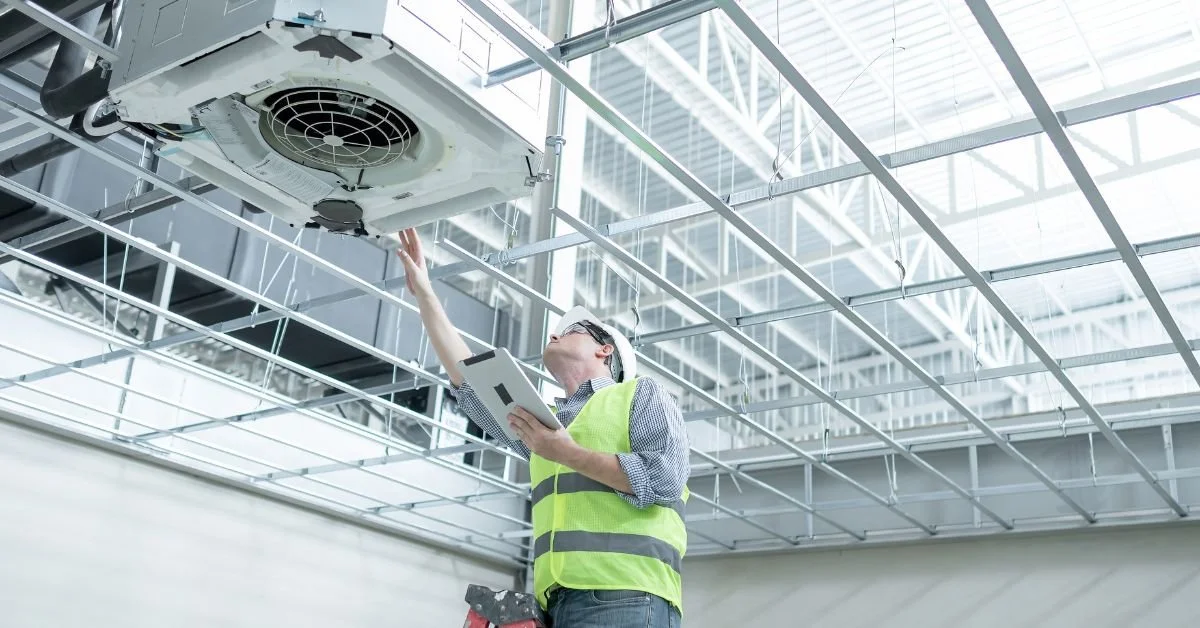What To Keep In Mind When Buying A Second Property
Buying a second property can be a great investment, whether it’s a vacation home, a rental property, or a second home for yourself or family members. However, there are several important things to keep in mind before you make a purchase. In this article, we’ll explore what you should consider when buying a second property.
1. Purpose of the property
Before you start looking for a second property, it’s important to determine the purpose of the property. Are you planning on using it as a vacation home? Will it be a rental property? Or will it be a second home for you or your family members? Understanding the purpose of the property will help you determine the location, size, and features you need.
2. Location
Location is key when it comes to buying a second property. If you’re buying a vacation home, you’ll want to consider a location that’s easily accessible and has plenty of tourist attractions. If you’re buying a rental property, you’ll want to consider a location that’s in high demand and has a low vacancy rate. If you’re buying a second home for yourself or your family members, you’ll want to consider a location that’s convenient and suits your lifestyle.
3. Market conditions
It’s important to consider market conditions when buying a second property. Research the local real estate market through top realtors to determine if it’s a buyer’s or seller’s market. A buyer’s market means there are more properties available for sale than buyers, which can lead to better negotiating power and potentially lower prices. A seller’s market means there are more buyers than properties available for sale, which can lead to higher prices and potential bidding wars. Understanding market conditions can help you make an informed decision on when to buy and how much to offer.
4. Financing
Financing a second property can be more challenging than financing your primary residence. Lenders may require a higher down payment, higher interest rates, and stricter credit requirements. You’ll want to explore your financing options early in the process and make sure you’re prepared to meet the lender’s requirements.
5. Property management
If you’re buying a rental property or a vacation home, you’ll need to consider property management. Property management can be time-consuming and expensive, especially if you’re not local to the area. You’ll want to explore your options for property management and factor in the costs when considering the return on investment.
6. Taxes
Owning a second property can have tax implications. You’ll want to consult with a tax professional to determine how owning a second property will impact your taxes. You may be able to deduct certain expenses, such as mortgage interest, property taxes, and maintenance expenses, but you’ll need to follow IRS rules and regulations.
7. Insurance
You’ll need to insure your second property, and the type of insurance you need will depend on the purpose of the property. If you’re buying a vacation home, you may need a different type of insurance than if you’re buying a rental property or a second home. You’ll want to explore your insurance options and factor in the costs when considering the return on investment.
8. Maintenance
Owning a second property can be costly when it comes to maintenance. You’ll need to budget for ongoing maintenance expenses, such as lawn care, snow removal, and repairs. You’ll also need to factor in the cost of occasional upgrades, such as new appliances or a new roof.
9. Resale value
You’ll want to consider the resale value of the property. While you may not be thinking about selling the property now, you’ll want to make sure it’s a good investment in the long run. You’ll want to consider the location, the property’s condition, and the potential for appreciation.
10. Legal considerations
There may be legal considerations when buying a second property, especially if you’re purchasing a rental property or vacation home. You’ll want to research local laws and regulations regarding renting out a property, zoning restrictions, and any HOA rules or covenants. It’s also important to have a solid understanding of the legal process for purchasing a property, including contracts, inspections, and closing costs.
11. Personal goals and lifestyle
Finally, it’s important to consider your personal goals and lifestyle when buying a second property. Your personal goals and lifestyle can help you determine the type of property you need. It’s important to align your investment goals with your personal goals and lifestyle to make sure your second property is a good fit for you and your family.
In conclusion, buying a second property can be a great investment, but it’s important to consider several factors before making a purchase. Understanding the purpose of the property, location, financing, property management, taxes, insurance, maintenance, and resale value can help you make an informed decision and maximize your return on investment.












